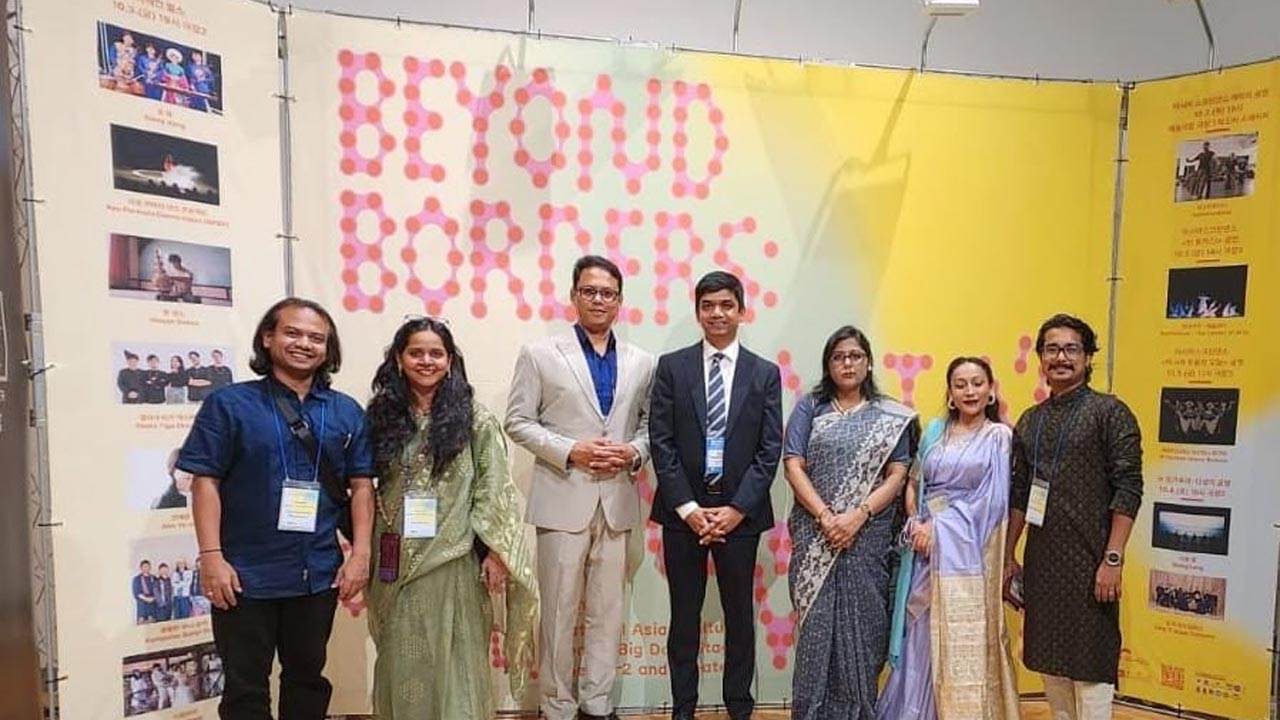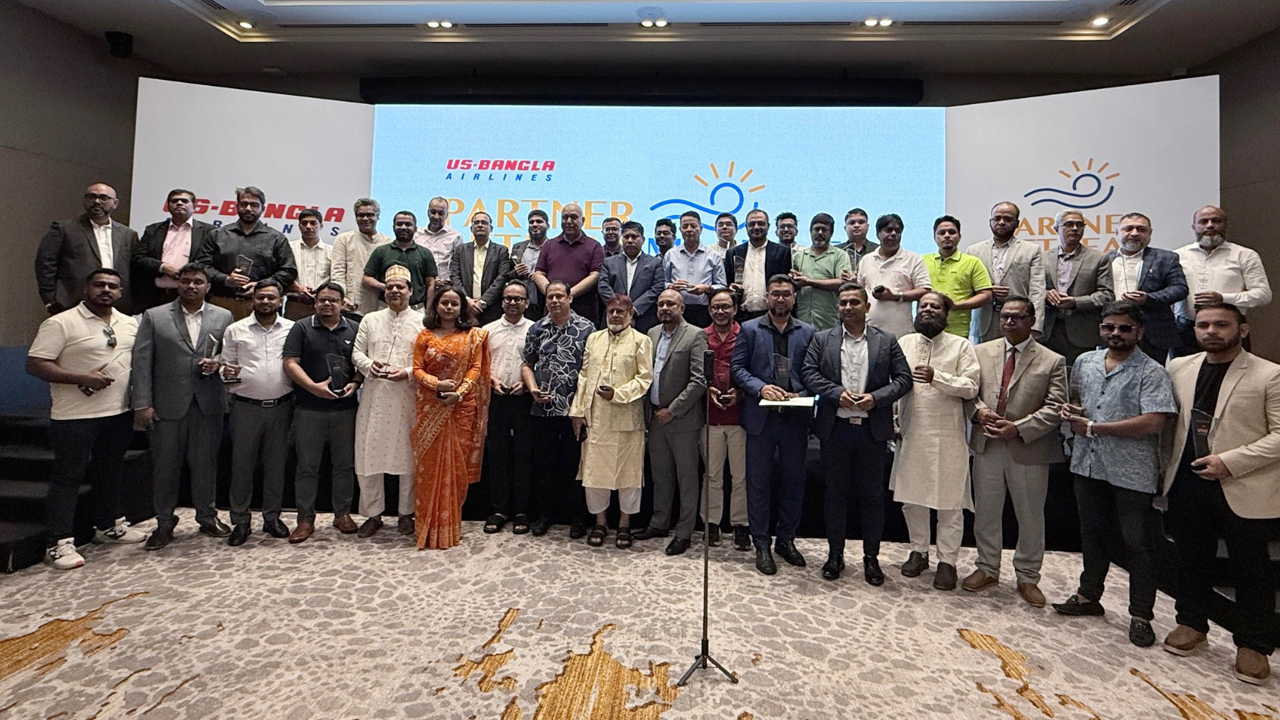Cervical-breast cancer screening program on wrong track
29 January 2022, 02:55 pm

Bangabandhu Sheikh Mujib Medical University (BSMMU) are on their way to introducing cervical-breast cancer screening facility in all upazilas of 64 districts of the country. An effective referral system will be established for cervical-breast cancer screening, management and follow-up to reduce maternal mortality across the country.
A proposal has been sent to the Planning Commission to increase the cost and duration of the project which will be implemented by the BSMMU. The hospital authorities want to implement the project in every upazila of the country through amendments as the initial plan for setting up the screening facility in the 200 upazilas of the country.
According to the Planning Commission, the project was initially approved by the Executive Committee of the National Economic Council (ECNEC) to be implemented from July 2018 to June 2021 at a cost of Tk 49.5 crore. Later, the cost of the project has been increased to Tk 56.78 crore and the duration extended till June 2022 through the first amendment. In the meantime, a proposal has been sent to the Planning Commission for the second amendment demanding the expenditure increased to Tk 198 crore 95 lakh and to extend the period by two more years till June 2024.
Cancer-related maternal mortality will be reduced by establishing an effective referral system for cervical-breast cancer screening, management and follow-up in Bangladesh. Infrastructure will be developed in government health institutions and hospitals under population-based cervical-breast cancer screening programs including electronic data tracking. The pre-treatment facility for cervical cancer will be strengthened at the government hospitals. Besides, a 33,512 square feet infrastructure will be constructed in the oncology building of BSMMU in order to provide advanced medical services to cervical and breast cancer patients, said BSMMU.
Professor Ashrafunnesa, Director of the Project, said, “The number of beds for patients with cervical cancer at Bangabandhu Sheikh Mujib Medical University will be increased under the project. In the amendment proposal, cervical-breast cancer screening facilities have been proposed in 64 districts and 492 upazilas. The project will establish and strengthen population-based cervical-breast cancer screening services across the country, including electronic data tracking.”
In addition, a total of 9,166 service providers including officers, doctors, nurses, midwives and FWVs, working in 600 government health hospitals will be trained under the project. Skills will be enhanced to provide services in the breast cancer screening program, added Ashrafunnesa.
Regarding the project, Senior Assistant Chief of the Planning Commission Saini Aziz told Dhaka Post that the scope of the project has been extended as per the steering committee meeting. Initially, the project was supposed to establish in 200 upazilas. Now the project will be implemented in all the upazilas of the country following the suggestion of the steering committee. The Ministry of Health has sent a proposal to amend the project. A PEC meeting will be held on January 26 on the project.
He further said that the project will be beneficial for women across the country. So far around 55 to 56 percent of the project has been completed.
Associate Professor and Head of the Department of Cancer Epidemiology at the National Cancer Research Institute Md Habibullah Talukder Raskin told Dhaka Post, “Only 10 percent of the targets have been achieved in the last 15 years in this cancer program. The theoretical aspects of cancer screening have not been taken into account in the BSMMU program. The whole program is facility-based through a ‘via’ center at the hospital. People come to the center and get tested and leave. But what people need actually is not happening. For this reason, even though the government has talked about 10 percent coverage in the last 15 years, the reality is different. In fact, the coverage has been 7 to 8 percent through this program.”
We need to take a community-based program instead of a hospital-based approach for getting more success through the program. The program has to be started from the union level like the COVID-19 vaccination program. It is not possible to determine the number of patients at village, union, upazila and district level from the PD of this program or from Dhaka. Theoretical and practical issues need to be taken into consideration in order to find out the true orthocancer incident, he added.
He further said that we have forgotten the name of Oral Cancer. Alongside, there is no discussion about breast cancer. There must be a change in this system. In this project, experts in this specific sector have not been involved. The way this program is going on in our country is totally different from any other country in the world. We are trying to make it happen from Dhaka at the community level which is totally irrelevant. In order to implement the project, the concerned units have to be strengthened, he concluded.
Issues to be discussed at the PEC meeting
1. The PEC meeting will have to be informed about the cumulative progress of the project till December 2021.
2. Though 45 new people have been proposed in the outsourcing sector under the project, there is no recommendation from the finance department for 37 people. Instead of the proposed manpower, eight people can be accommodated. In addition, four drivers have been proposed in place of three vehicles under the project, the rationale of which needs to be known.
3. The Secretary’s Certificate of Assurance of Financing of the Project and MTBF Information was not attached to the RDPP.
4. The demand for the purchase of many things, including equipment, books, magazines and the internet under the project needs to be clarified. The purchasing approval authority must be properly mentioned in accordance with the Public Procurement Rules 2008.
5. Several new equipments have been proposed including electrosurgical equipment with harmonic scalpel set (Tk 20 lakh), autoclave (Tk 40 lakh), mammography machine and accessories and CR machine (Tk 2 crore 20 lakh), ultrasound machine and other accessories (Tk 1 crore 80 lakh) under the project. In addition, the price per unit of some equipment has increased more than the approved RDPP. It is necessary for the meeting to know the rationale of these issues.
6. A number of new equipment have been proposed under the furniture, the requirements of these may be known. In addition, the demand for hospital beds should be excluded from this project.
7. All proposed furniture needs to be specified. In addition, there is a clear rationale for increasing the amount of furniture provided in the approved RDPP.
ARR





